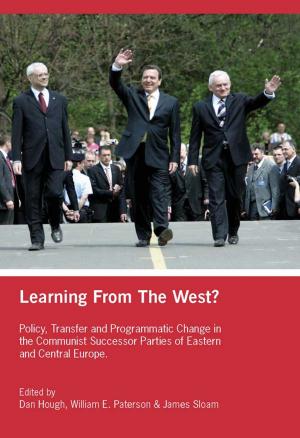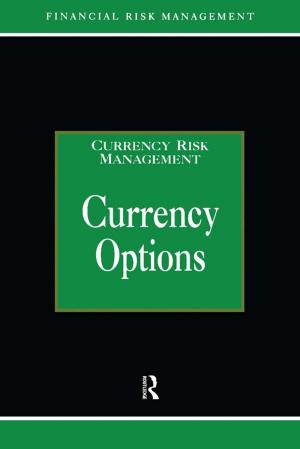Making of the Postmodern Presidency
From Ronald Reagan to Barack Obama
Nonfiction, Social & Cultural Studies, Social Science, Sociology, Political Science| Author: | John F Freie | ISBN: | 9781317256434 |
| Publisher: | Taylor and Francis | Publication: | November 17, 2015 |
| Imprint: | Routledge | Language: | English |
| Author: | John F Freie |
| ISBN: | 9781317256434 |
| Publisher: | Taylor and Francis |
| Publication: | November 17, 2015 |
| Imprint: | Routledge |
| Language: | English |
Throughout American history presidents have been accused of being liars, of deceiving others for political gain, of being corrupt, or of violating the Constitution. Such criticism is, to some extent, a facet of our political culture. Yet, in recent years the intensity and depth of hostility coming from news reporters, political pundits, and even academics seems unprecedented. It is the argument of "The Making of the Postmodern Presidency" that something more fundamental is occurring other than personal mendacity, character failures, or political errors; that, in fact, the model we have used to explain presidential behavior no longer works.The dominant paradigm used to assess presidential behavior-the modern presidency-is no longer an adequate explanatory model. Nonetheless, those who study the presidency continue to use it to explain behavior. This book claims that the more relevant paradigm that should be used today is the postmodern presidency model. This book traces the origins and development of the postmodern presidency.The heart of the book is composed of an examination of the presidencies of Ronald Reagan, George H. W. Bush, Bill Clinton and George W. Bush to show how each has contributed to the evolution and formation of the postmodern presidency. A penultimate chapter analyzes the 2008 presidential election through the lens of postmodernism. The book concludes with speculation on the challenges that face the Obama presidency in light of the postmodern presidency and American democracy.
Throughout American history presidents have been accused of being liars, of deceiving others for political gain, of being corrupt, or of violating the Constitution. Such criticism is, to some extent, a facet of our political culture. Yet, in recent years the intensity and depth of hostility coming from news reporters, political pundits, and even academics seems unprecedented. It is the argument of "The Making of the Postmodern Presidency" that something more fundamental is occurring other than personal mendacity, character failures, or political errors; that, in fact, the model we have used to explain presidential behavior no longer works.The dominant paradigm used to assess presidential behavior-the modern presidency-is no longer an adequate explanatory model. Nonetheless, those who study the presidency continue to use it to explain behavior. This book claims that the more relevant paradigm that should be used today is the postmodern presidency model. This book traces the origins and development of the postmodern presidency.The heart of the book is composed of an examination of the presidencies of Ronald Reagan, George H. W. Bush, Bill Clinton and George W. Bush to show how each has contributed to the evolution and formation of the postmodern presidency. A penultimate chapter analyzes the 2008 presidential election through the lens of postmodernism. The book concludes with speculation on the challenges that face the Obama presidency in light of the postmodern presidency and American democracy.















